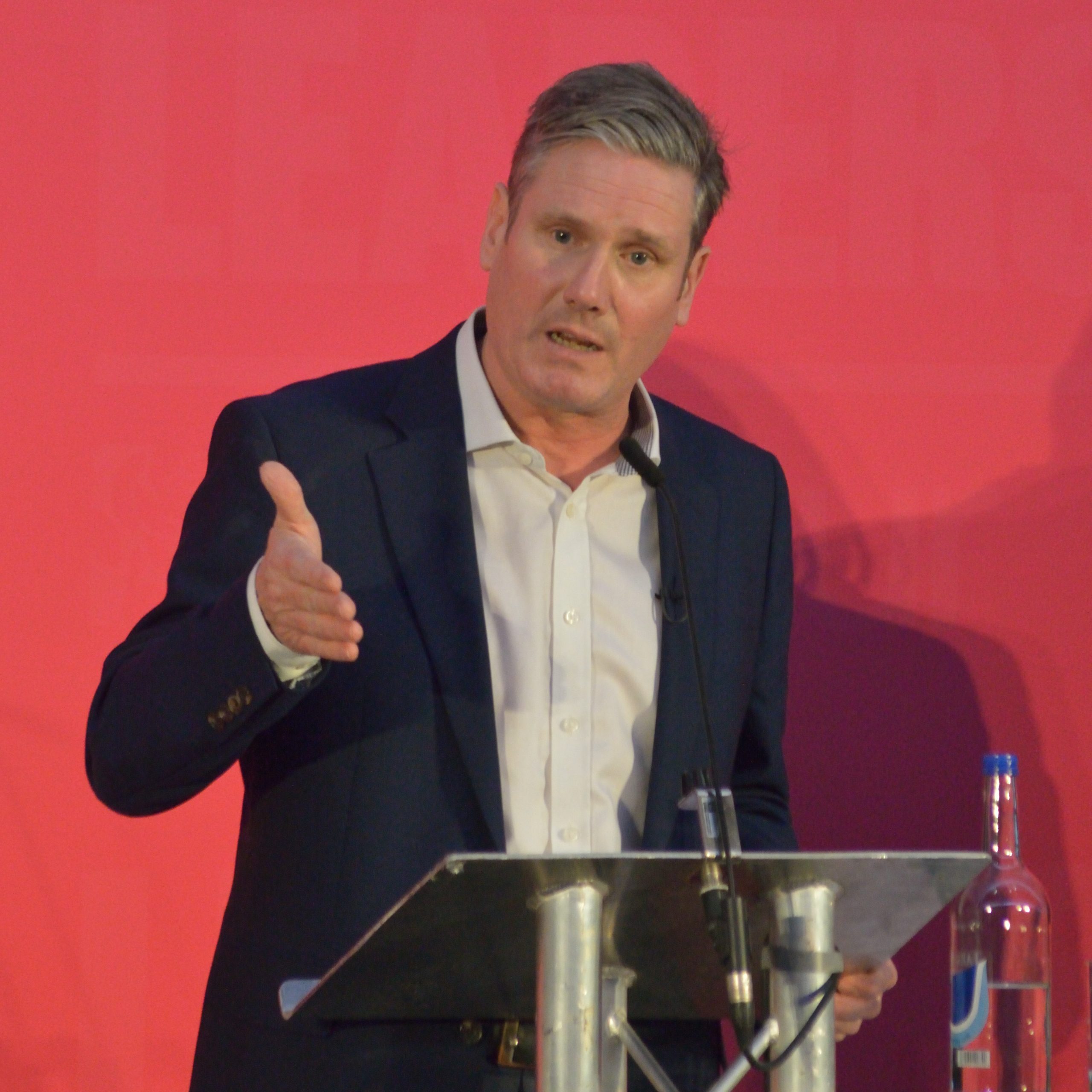John Kroencke: Supply-Side Progressivism on the Main Stage

Promising to loosen the constraints of the planning system on developers and reignite economic growth, Labour leader Keir Starmer sounded in parts of his speech to his party conference like he was the leader of the other party. While much of Europe is shifting to the right, the conservative party is trailing in polls by a wide margin after 13 years in power. This makes the change within Labour since the last election all the more interesting.
Increased Attention on Growth in a Low Growth Environment
The UK has had perennially low levels of growth after the financial crisis. A litany of additional shocks has not helped and the growth outlook is not improving. In fact, on the day of Starmer’s speech, the IMF projected that the UK will have the lowest growth rate of the G7 in 2024. The economic situation is bad in many other countries in Europe which have generally diverged from US. They are growing at lower rates and starting at lower levels of GDP per capita. The best performing western European country, Germany, is facing its own problems. While many European states are in the running for the title, in her speech earlier in the week, the Shadow Chancellor referred to the UK as the “sick man of Europe.”
Supply-Side on the Left
These speeches and the turn in Labour policy come on the back of a renewed explicit focus on economic growth from conservative leaders perhaps starting with the leadership campaigns to replace Boris Johnson. The ideology likely to be adopted by Labour in the next election and therefore by the next government is one of supply-side progressivism—an ideology that I blogged about as it was emerging a few years ago and noted was gaining steam on the left.
In The Economist, Duncan Robinson captures this view:
This version of supply-side economics fuses tools and rhetoric conventionally associated with the free-market right—deregulation and creative destruction—with the left’s emphasis on industrial subsidies, labour rights and public services. It stresses an abundance of infrastructure, energy and housing, as well as stable government to drive investment.
Centrality of the Planning System
It is of note that more focus is on the basics of economic growth delivering policies rather than the loftier (and more dubious) claims of both Levelling Up and Net Zero. Regional disparities and a state-led transition to a new, greener economy were still discussed, but most of the attention was correctly on the planning system. It is the planning system and related drawn-out, costly processes for getting things built that interacts with both political goals mentioned. The planning system bogs down and raise the costs of the improvements to transit infrastructure that form a key part of Levelling Up. It is also the planning system that bogs down the generation and transmission infrastructure clearly needed to achieve Net Zero. Perhaps most importantly it is the planning system that prevents housing from being built in the places with economic opportunity where it is most needed (a statement that the leader himself disputed a few years ago).
Political Constraints
Labour leaders themselves have noted that these goals are often shared with Tories who have failed to deliver the policies that they announce due to political constraints. On some of these issues it is unclear how the Labour will differ. The Times drily notes that “supply-side reforms look good, but politics may get in the way.”
Differences in their political coalitions may make it easier for Labour to achieve some greenfield building that Tories wouldn’t be able to. Like with the Cambridge plan announced by Michael Gove, there are sound economic and political reasons for concentrating developments. Labour has also suggested design codes with gentle density to both concentrate development and reduce opposition. More detail is needed to know the chances of meaningful reform, but the cross-party consensus on these important reforms is reassuring.
Deteriorating Fiscal Situation
Despite an interest in growth there are many headwinds facing any government. The strained fiscal climate will have no easy remedy as growth will take time. Taxes are already high, and changing demographics will worsen the strain on existing services. The continuing deterioration of the NHS and local councils will only receive more attention. Furthermore, the rise in real interest rates has driven borrowing costs up on high levels of accumulated debt. In the wake of the historic failure of the previous leader who pushed for growth, it is worth noting that both the shadow chancellor and Labour leader are stressing fiscal prudence. They fear bond markets in a way that we know at least one prime minister didn’t.
 John Kroencke is a Senior Research Fellow at the Centre for Enterprise, Markets and Ethics. For more information about John please click here.
John Kroencke is a Senior Research Fellow at the Centre for Enterprise, Markets and Ethics. For more information about John please click here.
